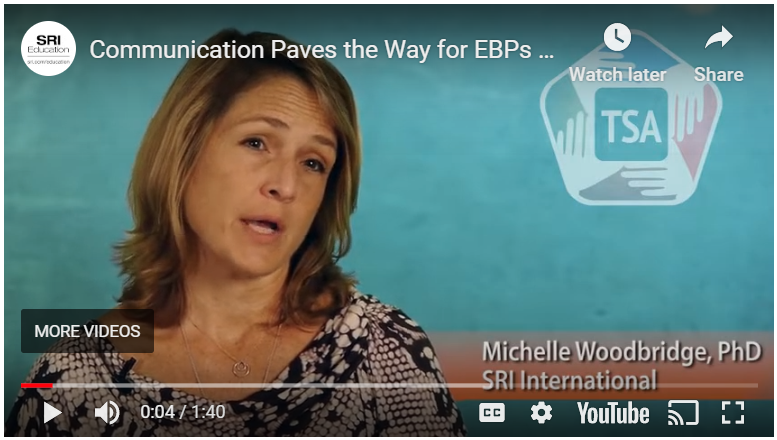This school year has presented many uncertainties for teachers as they continue to navigate virtual, hybrid, and in-person learning environments. Using clear and positive communication can build trusting and supportive teacher-student relationships, especially with students who experience behavioral challenges. But what exactly does effective educator-student communication look like, particularly in a virtual space? Below, we … Continue reading Strategies for communicating effectively with students across learning environments
Multi-tiered systems of support (MTSS) typically include school-wide or universal support (tier 1), targeted interventions for at-risk students (tier 2), and individualized services for students with intensive needs (tier 3). Read our post for more information about multi-tiered frameworks. MTSS have been increasingly adopted across schools in the U.S. and show promising social-emotional, behavioral, and … Continue reading Questions to ask before implementing a school-wide program
Dr. Michelle Woodbridge (who has been studying prevention and intervention programs related to school-based mental health for more than 25 years) describes school-based clinicians’ perspectives on how using research-supported trauma-informed intervention programs in schools created meaningful, sustainable changes in practice. This video was produced by the 3C Institute. Helpful resources on cognitive behavior interventions can be … Continue reading Clinicians’ perspectives on implementing evidence-based practices
Dr. Carl Sumi, an expert in student behavioral research and interventions discusses positive behavior interventions and supports. This video was produced by the 3C Institute. Additional resources on cognitive behavior interventions can be found on the Cognitive Behavioral Intervention for Trauma in Schools (CBITS) program website. Resources for trauma-informed schools can be found on the Treatment … Continue reading How schools can get started with Positive Behavior Supports
Researcher-practitioner partnerships in implementing & evaluating evidence-based programs in schools
Implementing and evaluating evidence-based programs (EBPs) in schools requires strong researcher-practitioner partnerships. Here’s what Dr. Michelle Woodbridge (who has been studying prevention and intervention programs related to school-based mental health for more than 25 years) says about the role of communication in implementing EBPs in schools. This video was produced by the 3C Institute. Helpful resources … Continue reading Researcher-practitioner partnerships in implementing & evaluating evidence-based programs in schools
In this video, Dr. Michelle Woodbridge (who has been studying prevention and intervention programs related to school-based mental health for more than 25 years) discusses how to evaluate the fit of EBPs for schools. This video was produced by the 3C Institute. Additional resources on cognitive behavior interventions can be found on the Cognitive Behavioral … Continue reading How to determine the quality of evidence-based programs (EBP) for schools










